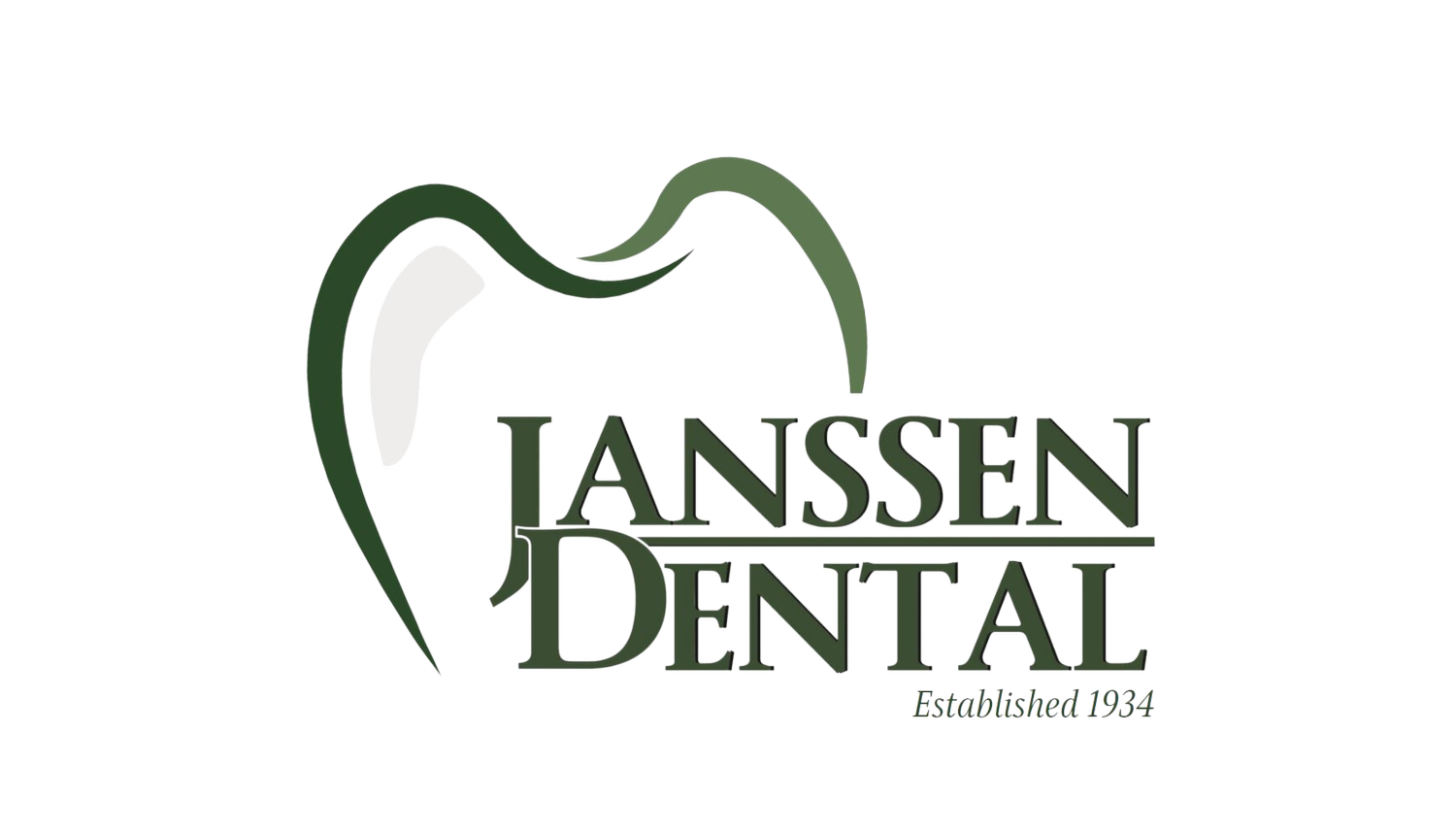Discover the Ultimate Sedation Dentistry Experience
It's common to feel scared and anxious when surrounded by the smells and sounds of a dentist's office. You are not alone in this feeling. In the United States, around 50-80% of adults experience some level of dental anxiety. This anxiety can stem from past negative experiences or feeling embarrassed about their dental health. Understanding these common concerns is the first step in addressing and overcoming dental anxiety.
At Janssen Dental Clinic, Dr. Craig Janssen offers specialized expertise in sedation dentistry, providing you with the assurance of a calm and comfortable dental experience. Whether your child is dealing with anxiety challenges or you've been avoiding dental visits due to fear, Dr. Janssen can help.
Nitrous Oxide
Nitrous oxide, commonly referred to as "laughing gas," is a popular choice for gentle sedation at our clinic. This colorless and odorless gas is administered through a nose piece, facilitating a relaxed state during your appointment. Following a short recovery period, you can even drive yourself home, making it a convenient option for your dental care.
Oral conscious sedation
Oral conscious sedation is a form of sedation dentistry that involves taking a prescribed pill approximately an hour before your appointment. This method aims to induce a sense of calm and relaxation without rendering you unconscious or completely sedated. While it's possible that you may feel drowsy to the point of falling asleep, the primary goal is to achieve a relaxed state that allows for effective communication and monitoring of vital signs.
One notable aspect of oral conscious sedation is its potential amnesic effect, resulting in little to no recollection of the dental appointment. This ensures that patients can undergo dental procedures without experiencing significant anxiety or stressful memories afterward.
IV Sedation
Intravenous sedation dentistry, also known as IV sedation dentistry, offers a moderate level of sedation for patients with moderate to severe dental anxiety. With this method, sedation medication is delivered intravenously before the procedure, while your vital signs are carefully monitored throughout the treatment. Despite being conscious and able to follow instructions, you will have no recollection of the procedure once the effects of the medication fade.
This approach is ideal for individuals seeking a comfortable and anxiety-free dental experience.
For more information including before sedation instructions and post operative instructions, click the button below.
if you have high dental anxiety
If you have a strong gag reflex
if you need extensive dental work
If you have a resistance to anesthesia
Who is Sedation For?
While we want to help everyone we can with the use of sedation, there are times where sedation is not a right fit. You may not qualify for oral conscious sedation if:
you have sleep apnea
you are using certain medications
you are overweight
you have a history of negitive reactions to sedation
You no longer need to SUFFER WITH DENTAL ANXIETY!
WE CAN HELP!
Sedation Dentistry FAQs
-
No, you will be in a deeply relaxed state, but still responsive to instructions. The medication used also has an amnesic effect so you will have little to no memory of your appointment.
-
Yes, one of our team members will be with you all the time, monitoring your vital signs and making sure you are comfortable. You are never alone.
-
Do not eat food for at least six (6) hours prior to your appointment.
Avoid drinking liquids for six (6) hours prior. You can continue to drink water for up to two (2) hours prior to your appointment. Avoid caffeine for 12 hours prior to our appointment.
No smoking at least 12 hours before appointment. Ideally, cut down or stop smoking as soon as possible prior to the day of your appointment.
No alcohol. We cannot safely sedate you if you have consumed alcohol within the last 24 hours.
No narcotic drugs. We cannot safely sedate you if you have consumed narcotic drugs of any type (including Vicodin/Hydrocodone) or any street/recreational drugs within the last 72 hours.
A responsible adult must accompany the patient to the office and drive the patient home. If the patient is a minor, the escort must be a parent or legal guardian.
If you wear contact lenses, please wear glasses instead. The sedation medication can cause dry eye.
Wear light-weight comfortable clothing, preferably with short sleeves.
Do not wear lipstick, excessive make up, or nail polish.
If you have an illness such as a cold, sore throat, stomach or bowel upset, please notifiy the office as soon as possible.
If you take routine oral medications, please check with our office prior to your treatment date for instructions.
-
Patient cannot drive or operate haxaredous devices for 24 hours after taking sedation medication.
A responsible person (above age 18) must be with the patient until he/she has fully recovered from the effects of sedation.
Patient should not go up and down stairs unattended. If necessary to go up ad down stairs, someone should either hold patient’s arm or walk behind them.
Always hold patient’s arm when walking for the remainder of the day.
Having nutrition after sedation is important. The patint should begin eaing appropriate food as soon as possible.
Patient needs to drink plenty of water when numbing wears off.
Patient may seem alert when he/she leaves. This is misleading as they are underthe affects of sedation so DO NOT leave the patient alone.
Patient should not carry, sleep next to, or be left alone with any young children or small animals for a period of no less than 24 hours. Patient could fall asleep quickly.
Call our office if you have any questions or difficulties. If you feel that your symptoms warrant a physician and you are unable to reach us, go to the closest urgent care room immediately.
Your responsible person will drive directly home and call our office at (920) 983-8383 when you arrive home to report patient is comfortable and safe.






